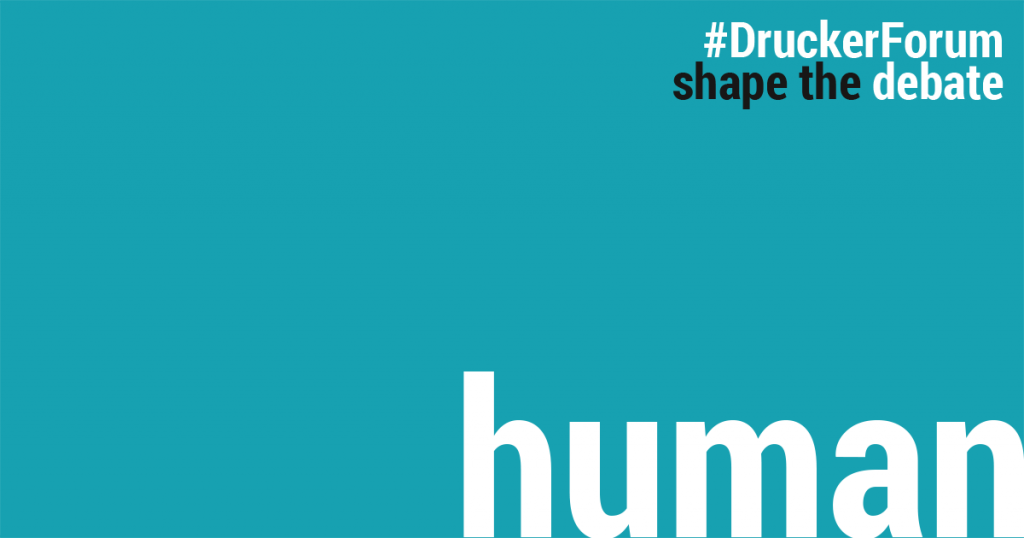
Digitalization is the buzzword of our time. A fundamental, even disruptive change, where everything is supposed to change, become faster, more efficient and better. Robots will deliver our packages, work for us in factories, drive our children to school and take care of our household. The Silicon Valley promise of a digital paradise can be expected in the near future.
Polarized opinions
At the same time there are also great fears and anxieties associated with digitization. People, polarized between euphoria and apocalyptic, are irreconcilably opposed. What the two visions of the utopian and the dsytopian have in common is the implicit assumption that digital technologies will determine how we will live.
Digital aspects of humanity
Digital humanism sets a counterpoint here. It focuses not on technology but on humans who use this technology. It does so because it is based on the conviction that what is genuinely human does not change significantly despite cultural and technological changes, and that individual dignity, self-determination and privacy are the core elements of our humanity.
Challenge of the digital age
The challenge in the digital age is not to lose sight of these goals and so use digital technologies to strengthen rather than weaken the conditions for a good human life. Digital technologies, like all technologies developed by humans, should serve human purposes; it is we who develop these technologies and decide on their use. There is no technological momentum that will overtake everything. In the end, we as humans are responsible.
Technological development is a choice
After Fukushima, Germany decided to get out of the most highly developed energy production technology, nuclear energy. And with good reason. Further progress towards fast breeder reactors or fusion reactors has been halted for the time being. However one assesses this, it shows that technological development is not a matter of course. It is subject to human control, and we must be aware of this control.
Optimism for our future
Digital Humanism is optimistic about the potential of digitization and its usability for human purposes. As examples, it can provide easier communications, an inclusive knowledge society, higher economic productivity, more careful use of natural resources, improved participation of citizens in democracies, digital strengthening of judgment rational decision-making.
Warning signs
However, Digital Humanism also warns against a utopian exaltation of digital technologies that end in transhumanist visions, the longing for an overcoming of the Conditio Humana. Man will be able to reinvent himself but he should not pursue a project of fundamental change of our human characteristics. “Homo Deus”, man as God, who digitally contrives himself and other beings according to his ideas, is blasphemous, not only for the religious, but an intemperate overestimation of technological possibilities. This would lead to an abuse of digital technologies that endanger our democracy, our personal development and our human self-determination.
Optimism and skepticism are not mutually exclusive. Digital Humanism relies on practical reason and human authorship. It is we humans who shape digital progress and no one else. Therein lies a great responsibility, but also a great opportunity.
About the author:
Prof. Dr. Dr. h. c. Julian Nida-Rümelin, former Minister of State.
Julian Nida-Rümelin is considered one of the ” most renowned philosophers in Germany” (Handelsblatt, July 30, 2017). He teaches philosophy and political theory at the Ludwig Maximilian University in Munich. He is one of the directors at the Bavarian Research Institute for Digital Transformation (bidt). His book Digital Humanism: An Ethic for the Age of Artificial Intelligence (Piper Verlag) was published in fall 2018.
This article is one in the “shape the debate” series relating to the 13th Global Peter Drucker Forum, under the theme “The Human Imperative” on November 10 + 17 (digital) and 18 + 19 (in person), 2021.
#DruckerForum


There is no technological wave that will sweep everything under the rug. In the end, it is up to us as humans.